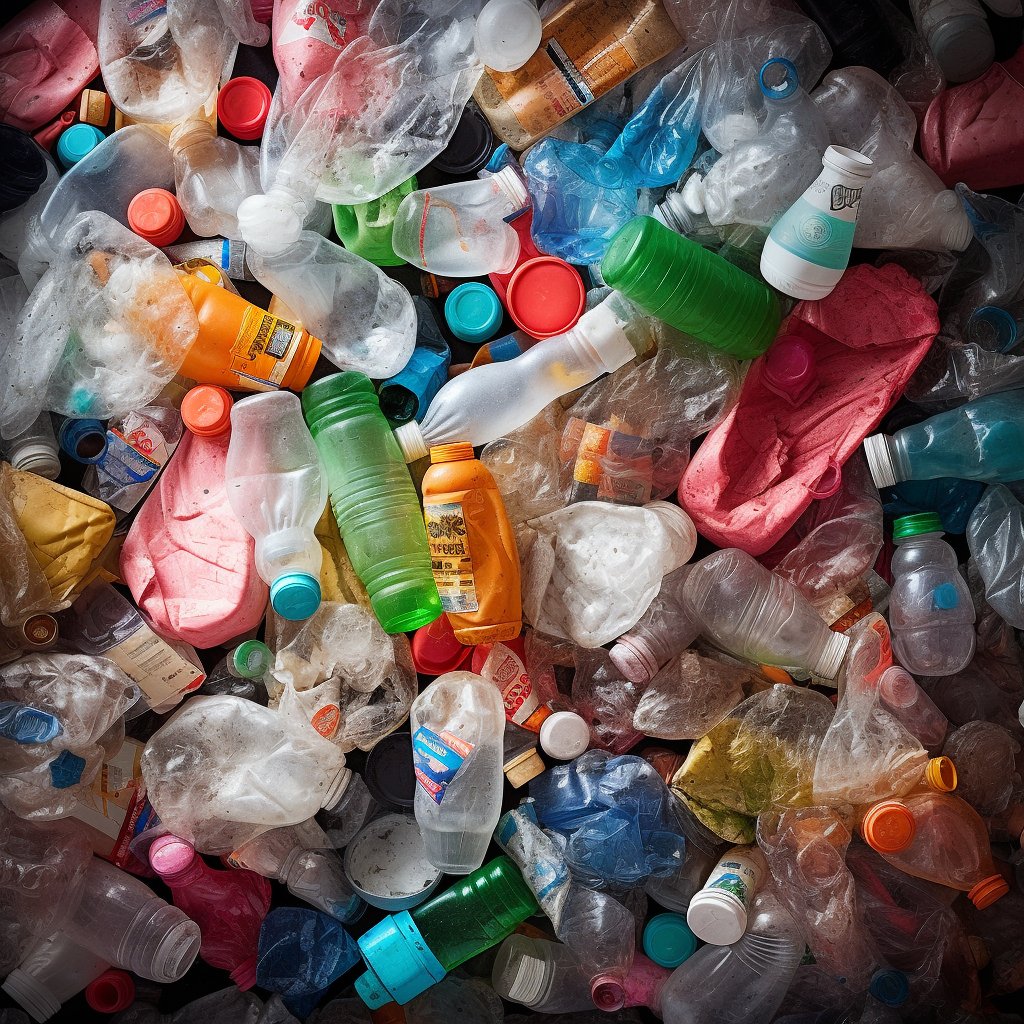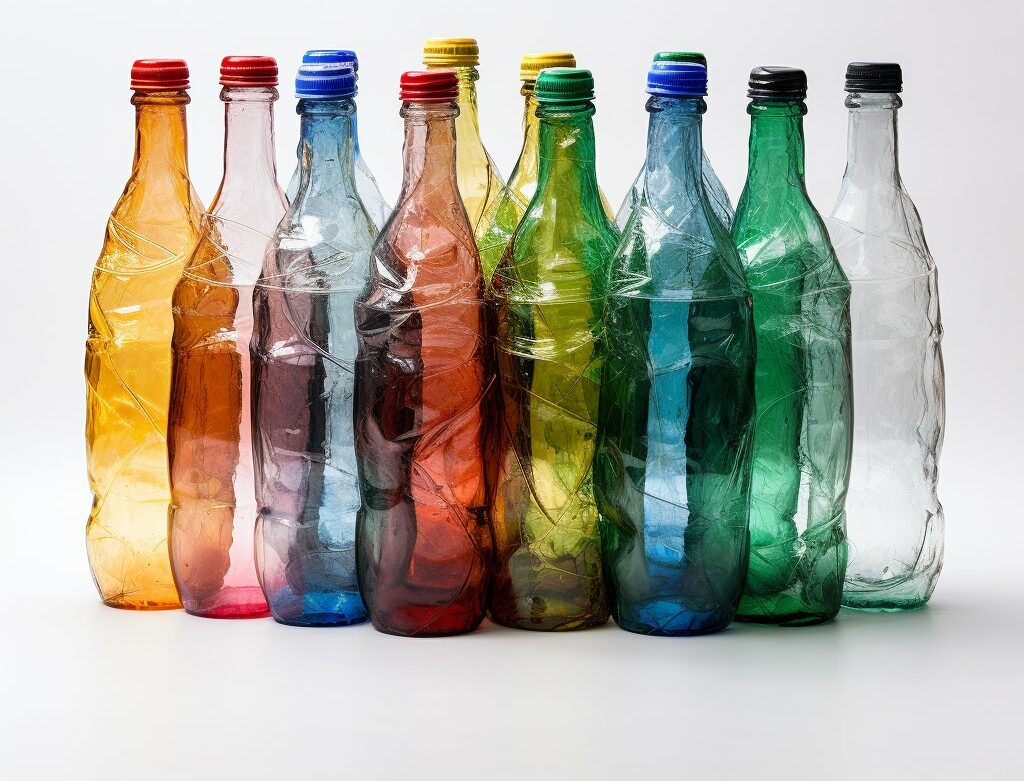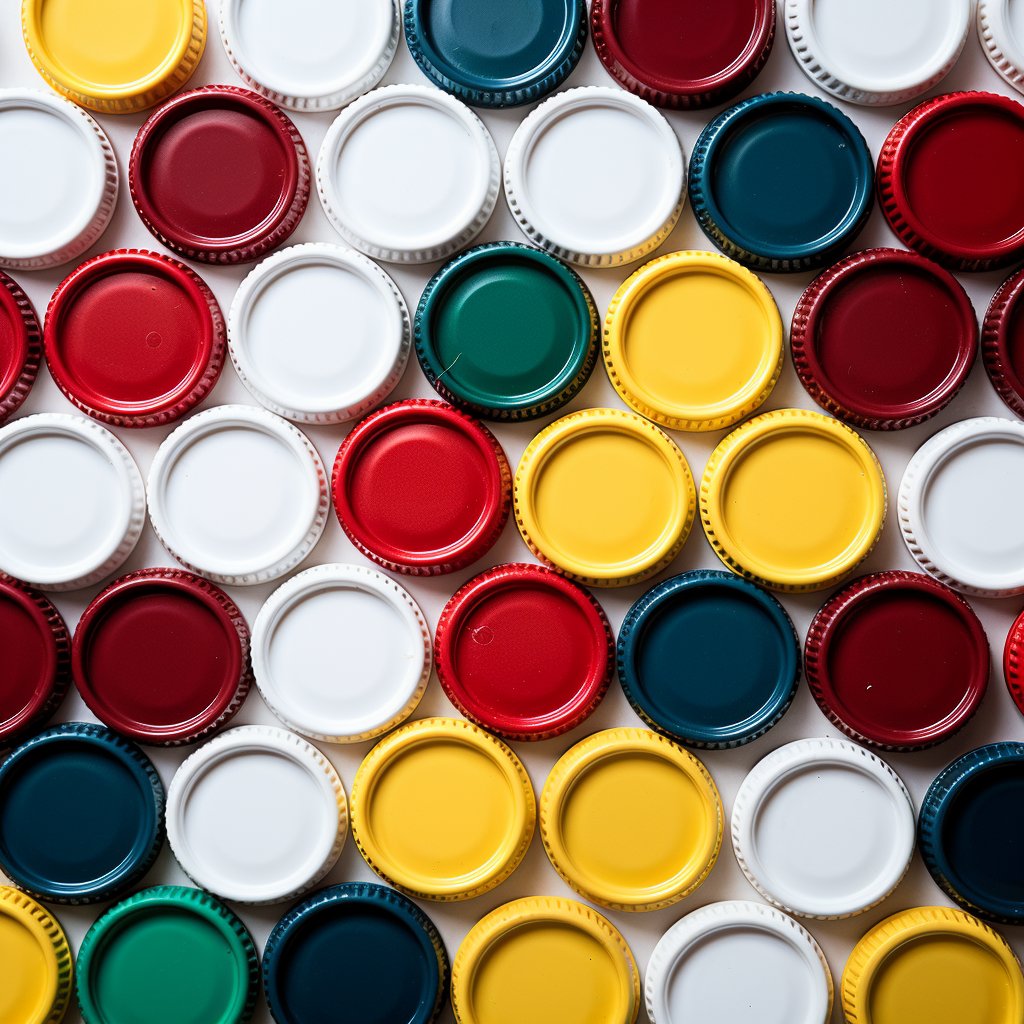Plastic pollution is one of our most pressing environmental issues, with millions of tons of plastic waste ending up in the oceans and landfills each year. Plastic pollution not only harms wildlife and ecosystems but also has negative impacts on human health and the global economy. To combat this issue, efforts are underway to clean up plastic waste from the environment. In this article, we will explore the different methods used for plastic cleanup, including their advantages and disadvantages, their impact on the environment and the global economy, and their relation to recycling.
Plastic pollution is a global crisis. The accumulation of plastic waste in our oceans, rivers, and landfills is causing significant harm to our environment. Various plastic cleanup methods have been developed to combat this issue.

Industrial Usage
Industrial use is one of the most common ways to clean up plastic waste. This method involves the use of specialised equipment and technologies to collect and process plastic waste. There are several types of industrial usage, including mechanical recycling, chemical recycling, and waste-to-energy.
Mechanical recycling is the most commonly used form of industrial usage. This method involves collecting plastic waste and then shredding, washing, and melting it to produce new plastic products. The process is energy-intensive but can reduce plastic waste and create a circular economy for plastic materials.
Chemical recycling is another form of industrial usage. This process involves chemical processes breaking down plastic waste at a molecular level. The resulting product can be used to create new plastic products. This process is still in the early stages of development.
Waste-to-energy is a third form of industrial usage. This method involves burning plastic waste to produce energy. While this process can reduce the amount of plastic waste in landfills, it also produces air pollution and greenhouse gases, making it a less desirable solution.
Application Areas
Plastic cleanup is not limited to industrial usage alone. Various applications of plastic cleanup can be used in different fields. For instance, plastic cleanup can be used in marine, urban, and rural environments.
Marine environments are a critical area where plastic pollution is most significant. Plastic waste in the ocean can harm marine life, pollute the water, and affect the ecosystem. Different methods of cleaning up plastic waste in the ocean include using specialised vessels and nets to collect plastic debris.
Plastic waste can be cleaned up in urban areas through community efforts, such as beach cleanups, street cleanups, and recycling programs. Recycling programs are particularly effective in reducing plastic waste, and more cities and towns are implementing them.
Plastic cleanup can be more challenging in rural areas due to a lack of infrastructure and resources. However, initiatives such as community cleanup programs and the promotion of responsible waste disposal practices can help reduce plastic waste.
Consumer Product Examples
Consumer products can also play a vital role in plastic cleanup efforts. Many companies are now designing more environmentally friendly products, using recycled materials or eliminating single-use plastics altogether.
For example, reusable shopping bags, water bottles, and straws have become popular alternatives to their single-use counterparts. Some companies are also developing products made from recycled plastics, such as clothing, furniture, and building materials.
Material Properties
One crucial factor in plastic cleanup is understanding the properties of different plastic materials. Some plastics are more easily recyclable than others, and some are more durable, making them better suited for certain applications.
Polyethene terephthalate (PET) is a commonly used plastic that is highly recyclable and often used in beverage bottles. High-density polyethene (HDPE) is another widely used plastic that is highly recyclable and often used in milk jugs and detergent bottles. Polyvinyl chloride (PVC) and polystyrene (PS) are less recyclable and often used in products such as packaging and electronics.
Future Trends in Recycling
The future of plastic cleanup lies in developing more advanced recycling technologies and materials. For example, some companies are developing biodegradable plastics that can decompose more quickly and safely than traditional plastics.
The future of plastic cleanup looks promising, with more companies and governments investing in sustainable solutions. The global demand for recycled plastics is expected to grow, creating new opportunities for businesses in the recycling industry.
Innovations in recycling technologies, such as chemical recycling and biodegradable plastics, are expected to become more widespread, making plastic cleanup more efficient and effective. As more consumers become aware of the impact of plastic pollution, the demand for sustainable products and packaging is likely to increase, driving the market for eco-friendly alternatives.

Global Impact
Market Price Developments
The cost of plastic cleanup varies depending on the method used and the location of the cleanup. Industrial usage methods such as mechanical recycling can be costly due to the specialised equipment required, while consumer products such as reusable bags and bottles can be more affordable.
The price of recycled plastic materials also influences plastic cleanup efforts. The demand for recycled plastics is growing as more companies seek to incorporate sustainable materials into their products. This demand is driving up the price of recycled plastics, making them more competitive with virgin plastics.
Global Impact
Plastic pollution is a global issue, and the impact of plastic cleanup efforts can have far-reaching effects. Countries such as China and India produce large amounts of plastic waste. They are taking steps to address the issue through initiatives such as waste-to-energy plants and plastic bag bans.
In Europe, the European Union has set targets for recycling and reducing plastic waste, and companies are encouraged to use more sustainable materials. Several states have implemented plastic bag bans in the United States, and more companies are using recycled plastics in their products.
The impact of plastic cleanup efforts is not limited to environmental benefits. Plastic pollution also affects human health, and cleaning up plastic waste can reduce exposure to harmful chemicals and pollutants.
Environmental Impact
Plastic pollution devastates the environment, and plastic cleanup efforts are crucial in mitigating this impact. Some of the environmental benefits of plastic cleanup include:
- Reduced harm to wildlife: Plastic waste can be mistaken for food by animals, leading to entanglement or ingestion, which can cause injury or death. Plastic cleanup efforts help to remove these hazards from the environment.
- Improved water quality: Plastic pollution in waterways can affect the quality of water, making it unsafe for aquatic life and humans. Plastic cleanup efforts can help to reduce this pollution and improve water quality.
- Reduced greenhouse gas emissions: Plastic waste in landfills can release harmful greenhouse gases, contributing to climate change. Plastic cleanup efforts can reduce the amount of plastic waste in landfills, thereby reducing greenhouse gas emissions.
Economic Impact:
- Job creation: Plastic cleanup efforts can create jobs in waste management, recycling, and clean-up industries.
- Cost savings: Plastic cleanup can save costs associated with litter management, environmental damage, and lost tourism revenues.
- Revenue generation: Recycling and upcycling of plastic waste can generate revenue for businesses and communities.
- Improved brand reputation: Companies that engage in plastic cleanup efforts and use sustainable materials can improve their brand reputation, attract more customers, and gain a competitive edge in the market.
Plastic Pollution:
Plastic pollution is a complex and urgent issue requiring collective action and innovative solutions. The different methods of plastic cleanup, including manual, mechanical, and chemical techniques, all have advantages and disadvantages. We can make progress towards a sustainable future. Let’s work together to create a cleaner and healthier world.
Plastic cleanup is a critical issue that requires the collective efforts of individuals, companies, and governments. Industrial usage, application areas, consumer product examples, material properties, market price developments, global impact, and future market prognosis are all important considerations in addressing the plastic pollution crisis. By working together, we can create a more sustainable future for ourselves and the planet.







